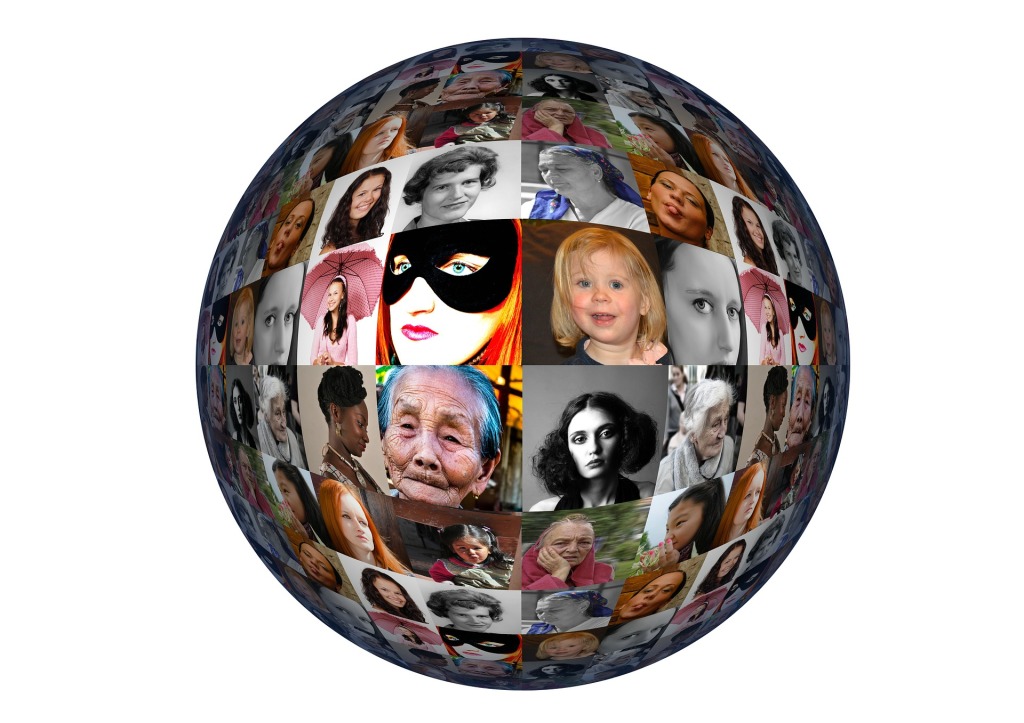 Debate on AI and IP continues
Debate on AI and IP continues
Copyright and Artificial Intelligence (AI) or, more specifically, Machine Learning (ML) has become a hotly debated topic. It has attracted attention not only among academics but also increasingly among policy makers. The US government ran a consultation on AI and IP a few years ago. The UK government has just finished another round of consultations, this time focusing on AI and copyright, and with a specific goal to initiate legislative reform soon. WIPO has so far had four sessions of their Conversation on AI and IP. The EU Directive on the Digital Single Market introduced two text and data mining (TDM) exceptions (for non-commercial and commercial purposes), which are supposed to facilitate use of copyright-protected content in ML processes. Singapore is the latest country to add TDM activities to the list of copyright exceptions.
The missing bit: moral rights
However, some aspects of IP are missing from this important debate. Moral rights have not been sufficiently discussed in the context of AI/ML. Moral rights generally include the paternity right (the right to be attributed as the/an author of the work) and the integrity right (the right not to have the work mutilated). Some countries have a longer list of moral rights. Australia, for instance, recognizes a separate right not to have the work falsely attributed to oneself.
While there has been significant discussion on whether the use of works in the ML context would infringe economic rights of authors and how this could affect AI markets (see my previous post here), the potential infringement of moral rights has barely been discussed. The Max Planck Institute Position Paper on AI and IP mentions moral rights as a potential problem that requires further investigation.
Indeed, if your work was used as a part of a training data set in a ML project and your name was not indicated, could you claim an infringement of your right of attribution? What if your work was used in an ML project which you strongly oppose?
Let’s imagine that you took a photo of your friend and put it on Facebook. It was scraped by an AI developer and used to develop a face recognition technology, the notorious Clearview AI. Clearview AI enables surveillance of places; and you strongly oppose any public surveillance technologies. Let’s imagine that police used Clearview AI technology to monitor illegal COVID-related protests and this led to the arrest of some of the protesters, one of whom happens to be your friend whose picture you uploaded on Facebook.
Could you claim an infringement of your moral rights? In particular, could you claim an infringement of a right of integrity, arguing that the photo was used in an unacceptable context that prejudices your honour and/or reputation?
Moral rights and AI under Australian law
In my recent paper, I analyze whether the use of works in a ML context could violate the moral rights of authors under Australian copyright law. The Australian Copyright Act 1968 provides for three rights: a right of attribution, a right not to be falsely attributed and the right of integrity. The last prevents any alternation, mutilation or distortion of works or any other use of works that is prejudicial to an author’s honour or reputation. The Act also provides a few defenses for moral rights infringement, the most important of which is a ‘reasonable use’ defense.
In my paper I find that the use of a work in a ML context could quite easily trigger the right of attribution and, possibly, the right of integrity. If we follow the example above, the lack of attribution is obvious. What about the right of integrity? Claiming prejudice to reputation would be difficult, since such use is unlikely to have affected the author’s reputation among members of the public. However, if ‘honour’ is construed broadly, as has been done by the Federal Court of Australia in the ‘Love is in the air’ case, the author could possibly argue that the use was prejudicial to their sense of honour.
The main obstacle in enforcing moral rights in this case would be the ‘reasonable use’ defense. It is very likely that, taking into considerations all the relevant factors (especially the purpose and kind of use), the courts are likely to find that such use of a work in a ML context was ‘reasonable use’ and therefore that no infringement of moral rights can be found.
Moral rights and AI in other jurisdictions
To my knowledge, a broad ‘reasonable use’ defense is quite a unique feature of Australian copyright law. When the Australian government, after a long and exhausting debate lasting essentially the entire 20th century, eventually introduced moral rights in the Copyright Act 2000, they decided to add a broad ‘reasonable use’ defense. This was intended to avoid frivolous moral rights infringement claims which arguably were pursued in some European countries.
Many other countries do not have a similar broad and explicit defense to moral rights infringements. It is thus unclear what would be the outcome of this discussion in those countries. Could authors in continental countries with strong moral rights regimes, such as France or Germany, be successful in claiming moral rights infringements when their works are used in a ML process? The current TDM exception obviously does not cover moral rights. Should Member States, when transposing this exception, consider extending it to moral rights as well? Or should they leave moral rights intact and allow authors to claim their moral rights when they think that their honour or reputation in the ML context was prejudiced?
For further discussion on this topic see my recent work-in-progress on ‘Artificial Intelligence and Moral Rights of Authors’, available here. For any comments or suggestions feel free to approach me at rita.matulionyte@mq.edu.au
________________________
To make sure you do not miss out on regular updates from the Kluwer Copyright Blog, please subscribe here.


